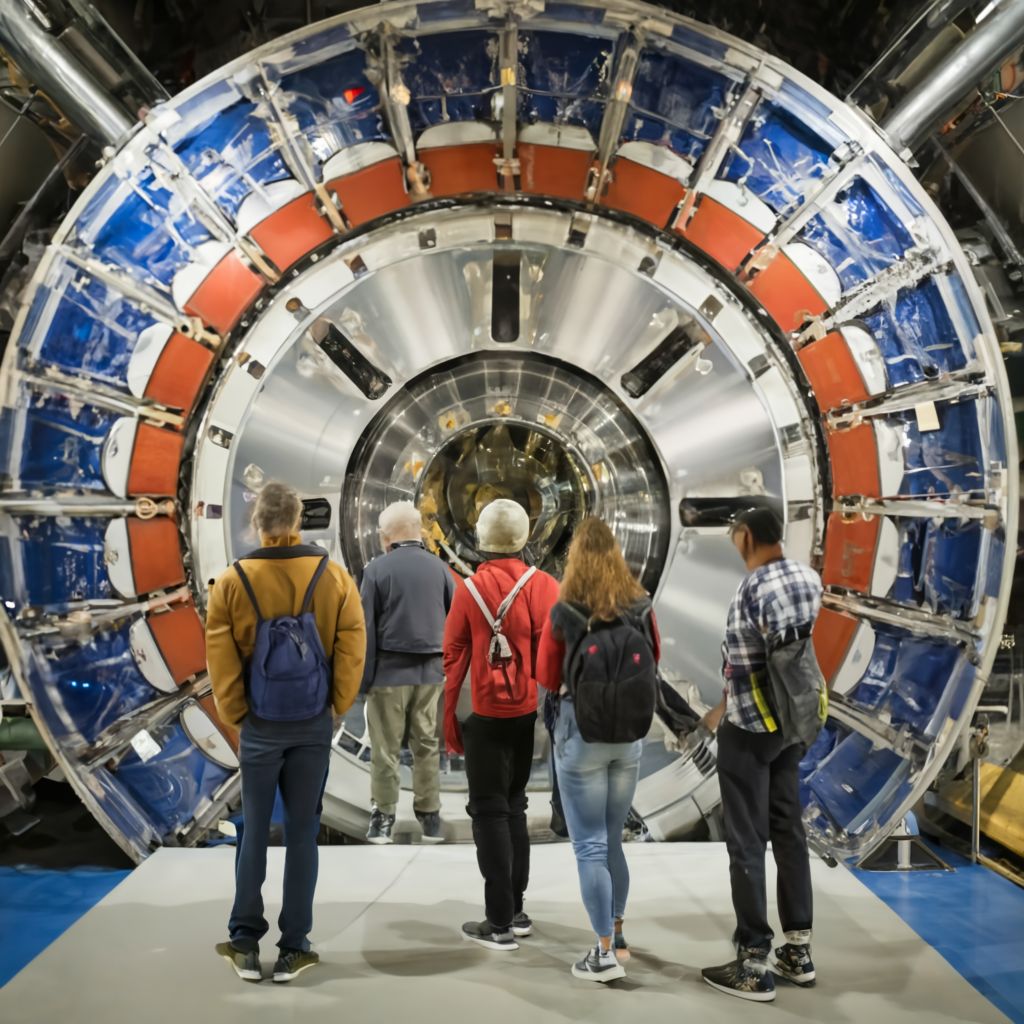The Centre for Science, Technology and Innovation Indicators of the Human Sciences Research Council announces the release of the results of the 2019/20 National Research & Experimental Development (R&D) Survey. The survey is undertaken annually on behalf of the Department of Science and Innovation, with support from Statistics South Africa.
The release of the 2019/20 R&D survey data takes place amidst global attention on the newest-discovered COVID-19 variant (Omicron/B1.1.529), once again shining the spotlight on the country’s excellent scientific capacities.
Trends in R&D expenditure followed a similar trajectory to that observed in the general economic decline. Gross domestic product (GDP) decreased by 1.4 of a percentage point, to 0.1% in 2019, after taking into account the revisions due to StatsSA bench-marking and rebasing of the GDP series* to the 2015 year.
Gross domestic expenditure on research and development (GERD) for 2019/20 amounted to R34.485 billion, at current rand values.
GERD is an aggregated measure of in-house R&D expenditure performed domestically in five institutional sectors, namely government, science councils, higher education institutions, the business sector, and the not-for-profit sector.
GERD in constant 2015 prices fell, from R31.367 billion in 2018/19 to R28.140 billion in 2019/20, which represents a year-on-year change of -10.3%.
South Africa’s R&D intensity, that is, GERD as a percentage of GDP at current prices, declined by seven basis points, from 0,69% in 2018/19 to 0,62 in 2019/20.
Other key headline indicators
- Government maintained strong funding support for R&D
The government sector buttressed overall losses in R&D funding. The main sources of funding for R&D in South Africa are the government (including science councils and university own funds), and business sectors. Whereas government increased funding overall in 2019/20 by R1.942 billion, business decreased funding of R&D by R5.175 billion. Funding from abroad increased by R664 million overall, mostly allocated to the business sector.
- Business expenditure fell, and business shed R&D personnel
The business sector continued a downward trend in R&D expenditure evident since 2014/15. Expenditure decreased by a relatively large amount of R3.744 billion in nominal terms between the 2018/19 and 2019/20 financial periods. The business sector also shed 4 128 R&D personnel in 2019/20, in tandem with the loss of personnel in the economy overall.
- R&D continues to trend towards applied research
Applied research accounted for most R&D activity, at 46.6% in 2019/20. This has been the case for at least the last ten years. Basic research increased proportionally to 32.0% of R&D activity in 2019/20.
- The medical and health sciences and social sciences are key research areas
The 2019/20 results show that the strongest focus of R&D activity is now the medical and health sciences (21.5%), followed by the social sciences (16.9%), and third, the engineering sciences (13.4%).
For more information, please contact Dr Nazeem Mustapha of CeSTII on tel +27 21 466 7887 or via email at nmustapha@hsrc.ac.za.
*The current survey and R&D intensity series was revised to take into account the revision of the GDP series (Stats SA, 2021). The R&D expenditure in real terms was also rebased to 2015 constant prices.
The report and accompanying data set is available via the CeSTII ‘Latest results’ page.


